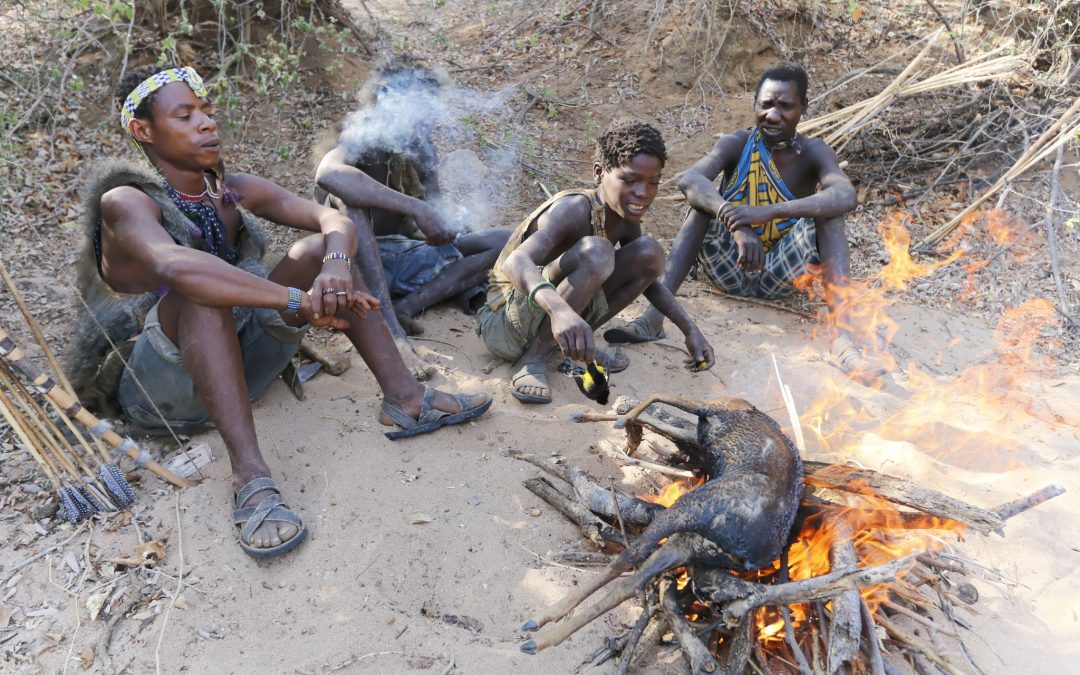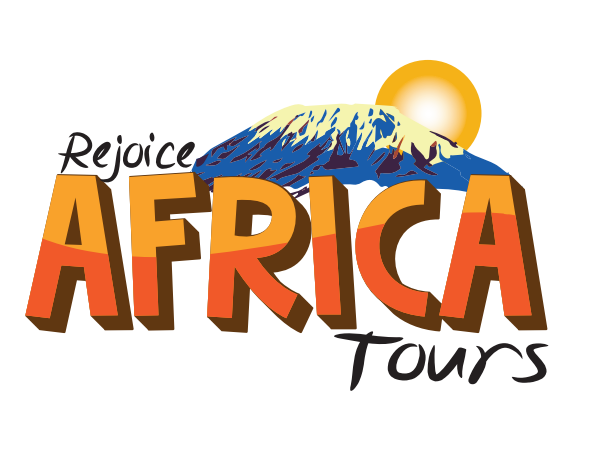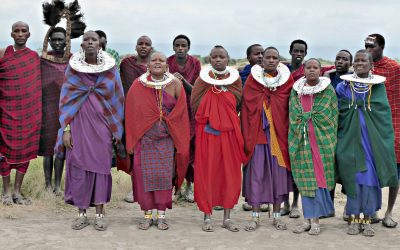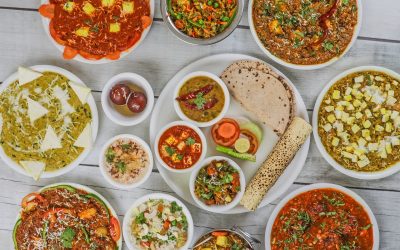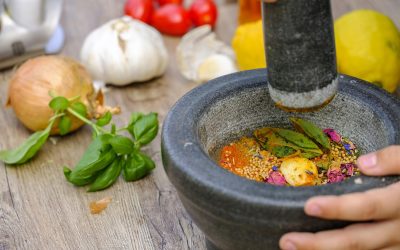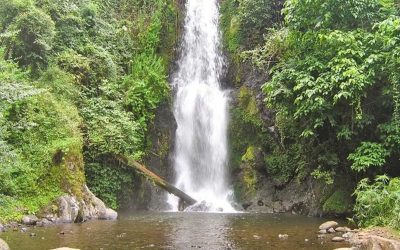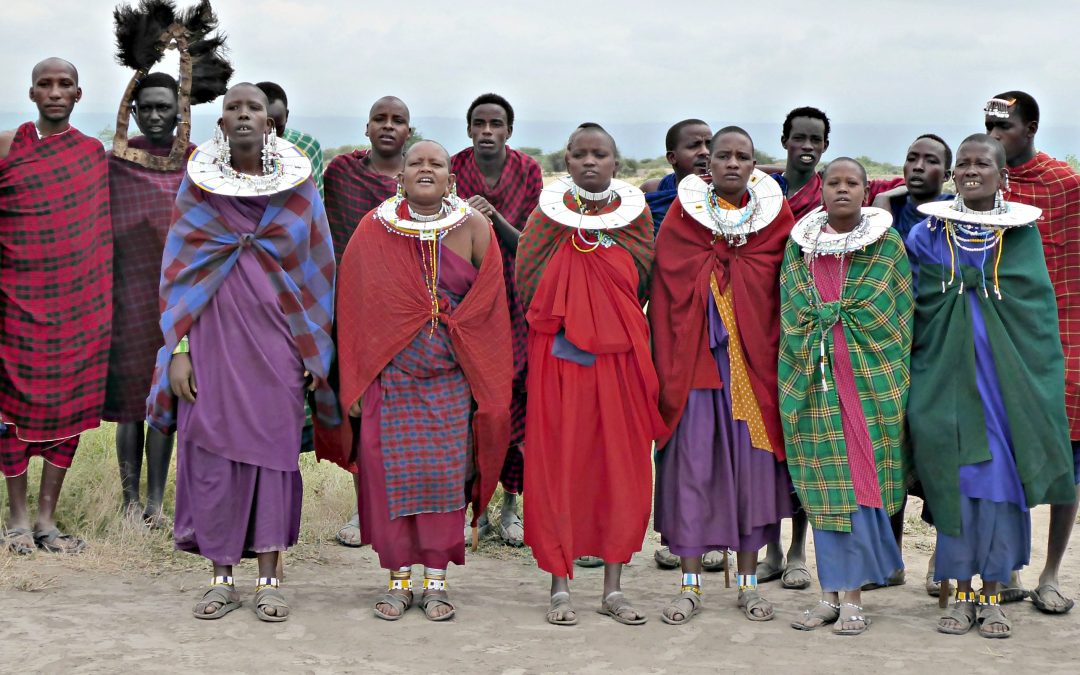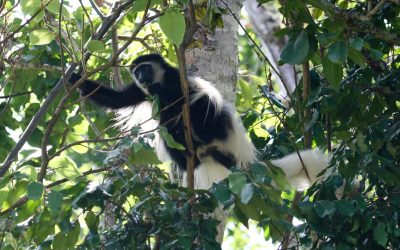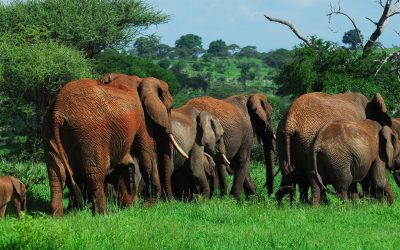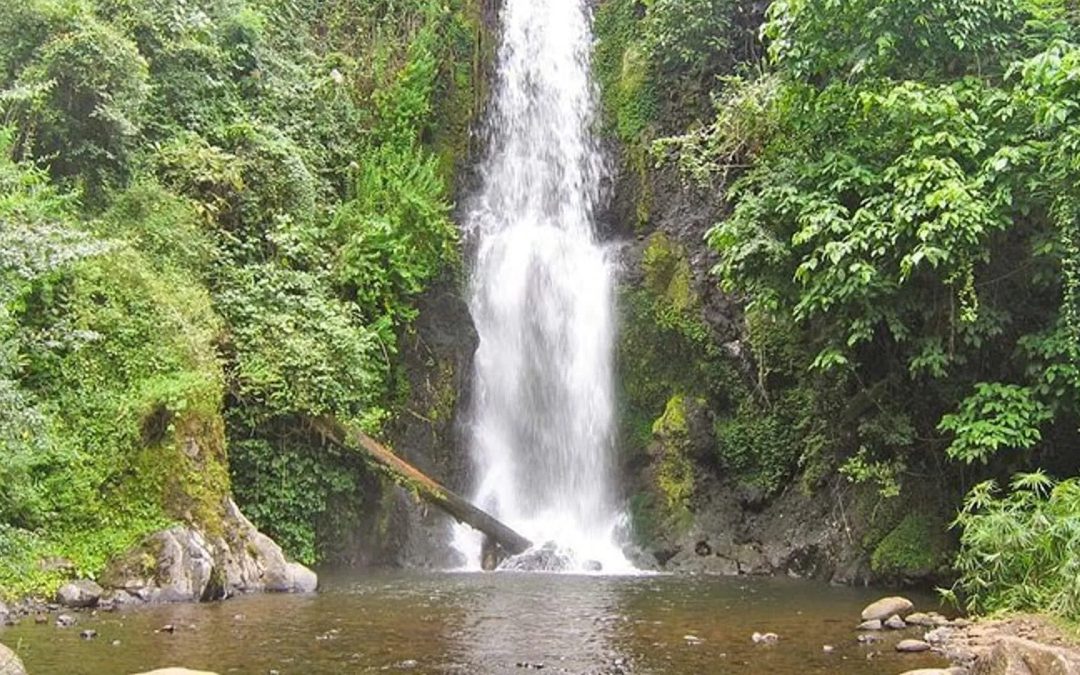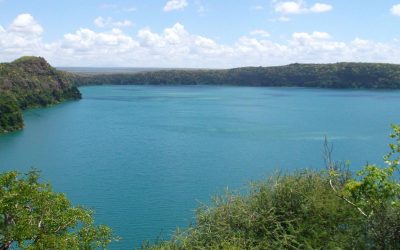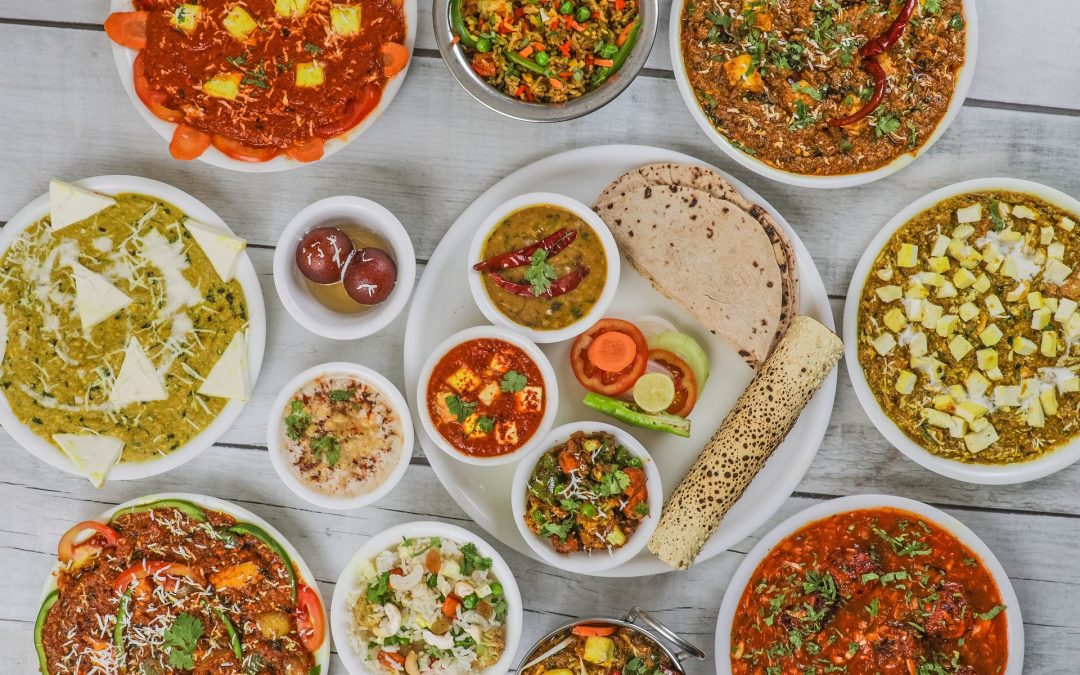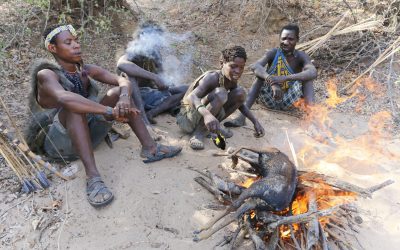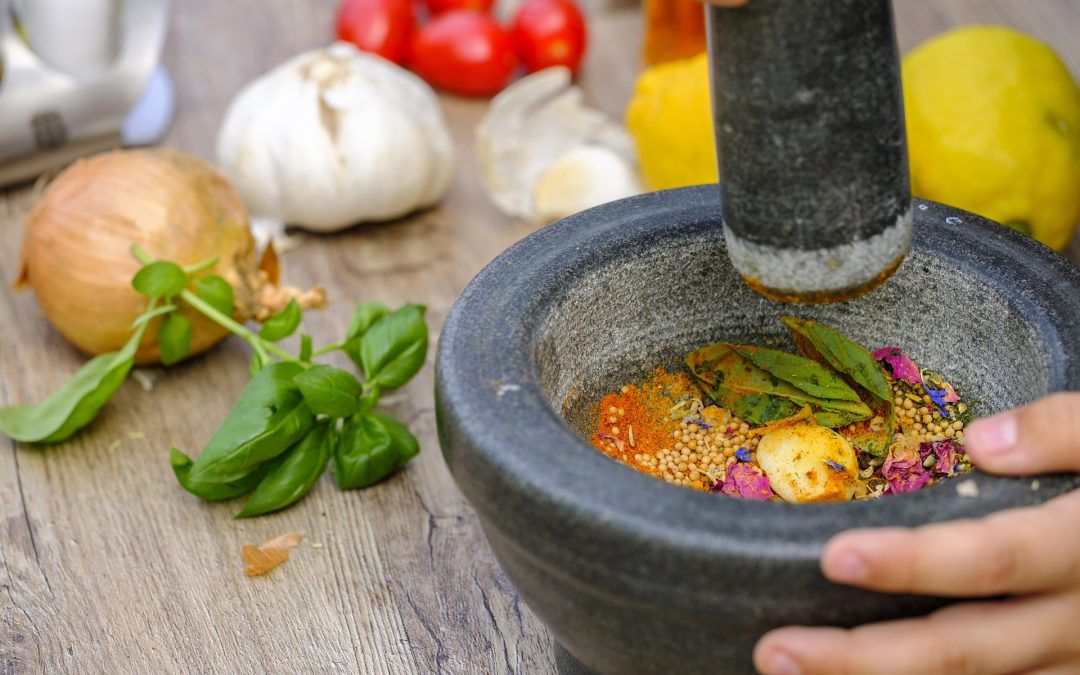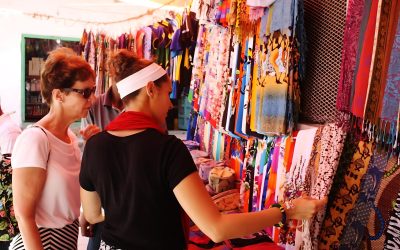
by Web Admin | Apr 29, 2025
Step back in time and immerse yourself in the ancient lifestyle of the Hadzabe people of Lake Eyasi, one of Tanzania’s last hunter-gatherer tribes. This 4-day experience offers a rare opportunity to live, learn, and connect with a vibrant culture untouched by modern conventions. From sunrise hunts to sunset fireside tales, each day brings you closer to the rhythms of the land and the heartbeat of East Africa’s heritage.
🗓️Best Time to Visit
- June to October (Dry Season)
- Ideal for combining cultural tours with safaris and trekking.
- Easier access to remote tribal regions like the Hadzabe, Maasai, and Chaga.
- Crisp air and golden light—perfect for photography.
- November to February (Short Rains & Festival Season)
- Lush landscapes and fewer tourists.
- Great for coastal Swahili culture, spice tours, and events like Sauti za Busara in Zanzibar.
- Excellent for village visits and cultural immersion.
- March to May (Long Rains)
- Travel to rural areas may be challenging due to muddy roads.
- Some lodges and camps may close temporarily.
📸 Photography & Videography Tips
- Golden Hour Magic: Shoot early morning or late afternoon for rich tones and soft shadows.
- Respectful Portraits: Always ask before photographing people—especially elders or spiritual leaders.
- Gear Must-Haves:
- DSLR/mirrorless camera with zoom and wide-angle lenses
- Tripod or monopod for interviews and low-light scenes
- Extra batteries, memory cards, and dust protection
- Storytelling Shots:
- Focus on hands weaving, cooking, or crafting
- Capture rituals, dances, and market life from multiple angles
- Use short video interviews or ambient audio for depth
🎒Packing Essentials
Clothing
- Breathable, neutral-colored fabrics (cotton, linen)
- Modest attire for village visits and religious sites
- Light jacket for cool evenings
- Comfortable walking shoes or sandals
Gear
- Reusable water bottle and snacks
- Sunscreen, insect repellent, hand sanitizer
- Swahili phrasebook or translation app
- Journal or sketchpad for reflections
- Small gifts (e.g., pens, postcards) for hosts or guides
Health & Safety
- First aid kit with basics
- Malaria prophylaxis and vaccination certificates
- Travel insurance and copies of key documents
🛏️ Accommodation Options
| Type |
Description |
Ideal For |
| Eco-lodges & Cultural Camps |
Locally run, near villages (e.g., Olpopongi Maasai Village, Kisima Ngeda) |
Immersive storytelling, traditional meals |
| Homestays |
Stay with families in Mto wa Mbu, Marangu, or Mulala |
Language exchange, cooking, farming |
| Boutique Guesthouses |
Stylish, locally inspired (e.g., Bagamoyo, Pangani) |
Swahili heritage, coastal culture |
| Mobile Camps |
Flexible setups near Lake Eyasi (Hadzabe, Datoga) |
Off-grid tribal exploration |
✅ Dos and ❌ Don’ts
✅ Dos
- Greet warmly with a handshake or “Shikamoo” for elders
- Dress modestly, especially in villages and religious areas
- Use your right hand for eating, greeting, and giving gifts
- Ask permission before taking photos—especially of people or sacred sites
- Accept offered drinks or food graciously
- Learn basic Swahili phrases to build rapport
- Tip guides and hosts respectfully
❌ Don’ts
- Don’t touch food or people with your left hand
- Avoid public displays of affection—especially in conservative areas
- Don’t hand out sweets or gifts to children—it encourages begging
- Don’t wear camouflage clothing—it’s restricted for civilians
- Don’t take photos without consent—especially of Maasai or Hadzabe communities
- Don’t rush greetings—small talk is a sign of respect
- Don’t walk alone at night in unfamiliar areas
MESO Founder Member and Director
is a seasoned CSOs facilitator, eco-cultural tourism expert, and human rights activist with leadership roles in MESO, ANGONET, TEITI-MSG, NACoNGO, and EACSOF, blending science, advocacy, and regional governance experience.
Day 1: Arrival & Cultural Orientation
Afternoon
- Transfer from Arusha to Lake Eyasi (Approx. 280 km / 174 miles – 6 hrs)
- Check-in at lodge or tented camp near the lake
- Light refreshments and rest
Evening
- Orientation Session: Introduction to the Hadzabe and Datoga tribes
- Sundown Welcome Gathering: Enjoy local music and light snacks as the sun dips over Lake Eyasi
Day 2: Hadzabe Hunting Experience & Datoga Blacksmith Tour
Morning
- Sunrise Hunt with Hadzabe (Approx. 2.5 hrs)
- Join Hadzabe men on a real-time hunt using bows and arrows
- Learn tracking, foraging, and survival skills
Midday
- Brunch back at camp with fresh local produce
- Rest and hydration break
Afternoon
- Datoga Cultural Visit
- Witness traditional blacksmithing using native tools and techniques
- Visit a Datoga homestead and learn about beadwork and rituals
Evening
- Campfire storytelling with Hadzabe elders under star-filled skies
- Dinner featuring traditional Hadzabe cuisine
Day 3: Foraging Walk & Lake Eyasi Exploration
Morning
- Foraging with Hadzabe Women
- Collect roots, berries, and wild honey
- Get insights into natural medicine and food preparation
Midday
- Picnic lunch by the lake shore
- Optional canoe ride on Lake Eyasi (water level permitting)
Afternoon
- Craft Session: Learn to make simple Hadzabe ornaments or practice archery
- Birdwatching and photography session around the lake ecosystem
Evening
- Traditional dance and drumming session with both Hadzabe and Datoga tribes
- Sunset dinner with fusion dishes and local delicacies
Day 4: Sunrise Reflection & Departure
Morning
- Light breakfast and farewell ceremony
- Short nature walk and optional journal session
- Pack up and depart for Arusha by 10:00
Afternoon
- Arrival in Arusha around 15:30–16:00 depending on road conditions
1. What kind of accommodation is provided?
Comfortable eco-lodges or tented camps with shared or private facilities—depending on your booking package.
2. Is this experience physically demanding?
Moderate activity level: walks, hunts, and hikes range from 1–3 km (0.6–1.9 miles). Optional participation in strenuous activities.
3. Can I bring gifts for the tribes?
Yes, but we recommend essentials such as salt, cooking oil, or first-aid supplies. Please consult your guide before distribution.
4. Are dietary restrictions accommodated?
Vegetarian, vegan, and gluten-free options are available with prior notice.
5. Is there mobile or internet coverage?
Limited coverage. It’s best to prepare for a digital detox during your stay.
6. Do I need to speak Swahili?
No. Guides are fluent in English and Swahili and will interpret as needed.
7. What should I pack?
Light clothes, a hat, sunblock, insect repellent, a refillable water bottle, and sturdy walking shoes.
Included in the Safari Price:
- Round-trip transportation from Arusha to Lake Eyasi
- Accommodation (3 nights)
- All meals and bottled water (1.5 L / 50 oz per day)
- Guided activities and cultural experiences
- English-speaking cultural guide and interpreters
- Park and community entry fees
Not Included in the Safari Price:
- International or domestic flights
- Alcoholic beverages
- Travel insurance
- Personal tips and gratuities
- Optional canoe rides (weather dependent)
notebook 2 iconFor your information, upgrade options for the safari activities and accommodation can be discussed with our safari consultant, who will be delighted to assist you.

by Web Admin | Apr 29, 2025
Experience an immersive cultural journey into the traditions and lifestyle of the Maasai people. This day trip offers an authentic glimpse into one of Africa’s most well-known tribes, known for their vibrant clothing, intricate beadwork, and unwavering connection to their heritage. Engage in storytelling, dance, and hands-on activities that bring Maasai customs to life.
Traditional Maasai Welcome
Upon arrival, you will be greeted with a warm Maasai welcome, featuring singing, chanting, and the famous “jumping dance” performed by warriors.
Guided Village Tour
Explore the village layout, traditional huts (bomas), and learn about Maasai architecture, built using locally sourced materials.
Cultural Workshops
Participate in beadwork crafting, milk processing, and fire-making demonstrations—skills essential to daily Maasai life.
Livestock Demonstration
Understand the Maasai’s deep connection with their cattle, watching firsthand how they care for and protect their livestock.
Warrior Training
Engage in a hands-on demonstration where Maasai warriors teach visitors about survival techniques, spear throwing, and traditional hunting practices.
Storytelling and Traditions
Listen to elders share folk tales and wisdom passed down through generations, offering insight into Maasai beliefs and social structures.
1. What should I wear for the trip?
Comfortable, modest clothing, a hat, and sunscreen are recommended. It’s courteous to avoid overly revealing attire out of respect for local customs.
2. Do Maasai people speak English?
Some Maasai, especially younger generations, speak English. However, the primary language spoken is Maa, and guides will assist with translations.
3. Can I take photographs?
Yes, but it’s always best to ask for permission before taking photos of individuals or ceremonies.
4. How long does the tour last?
The tour typically lasts 5 to 7 hours, including travel time from nearby towns.
5. Is food provided?
Light refreshments and traditional Maasai tea may be included. Full meals are not typically provided, so bringing snacks is recommended.
6. Can I buy Maasai crafts?
Yes, handmade jewelry, fabrics, and art are available for purchase, supporting the community directly.
7. Is this experience suitable for children?
Yes! Children can engage in interactive activities such as bead-making and learning Maasai songs.
Included in the Safari Price:
- Guided village tour and cultural activities
- Interactive workshops and demonstrations
- Tea and light refreshments
- Round-trip transportation from designated locations
Not Included in the Safari Price:
- Personal expenses
- Tips for guides
- Additional purchases (crafts, souvenirs)
- Any extra activities beyond the listed itinerary
notebook 2 iconFor your information, upgrade options for the safari activities and accommodation can be discussed with our safari consultant, who will be delighted to assist you.

by Web Admin | Apr 29, 2025
Discover the rich heritage and traditions of the Chagga people in Marangu Village, nestled at the foothills of Mount Kilimanjaro. This immersive cultural tour blends history, storytelling, and hands-on experiences, offering insights into Chagga customs, coffee farming, and the legendary underground caves used during tribal conflicts.
Traditional Chagga Welcome
Upon arrival, enjoy a warm Chagga welcome featuring songs, dances, and an introduction to local customs.
Guided Village Tour
Walk through Marangu Village, visiting historical sites, traditional homes, and exploring the daily life of the Chagga people.
Coffee Farm Visit & Brewing Experience
Learn the process of coffee-making from farm to cup, engaging in harvesting, roasting, and grinding coffee beans using traditional methods.
Exploration of Chagga Caves
Step into the underground caves where the Chagga once hid from Maasai warriors during conflicts centuries ago.
Local Banana Beer Tasting
Try a sip of the traditional Chagga banana beer, a staple brewed using age-old techniques.
Visit to Kinukamori Waterfall
Enjoy the scenic beauty of Kinukamori Waterfall, a serene spot surrounded by lush landscapes and offering great photo opportunities.
1. How long does the tour last?
The tour typically lasts 6–8 hours, including travel time, activities, and cultural experiences.
2. What should I bring?
Comfortable walking shoes, sunscreen, a hat, a camera, and cash for purchasing local crafts or coffee.
3. Is the tour suitable for children?
Yes! Many activities, such as coffee-making and storytelling, are engaging for visitors of all ages.
4. Can I buy locally made crafts?
Absolutely! Handmade Chagga crafts, jewelry, and coffee are available for purchase to support the local community.
5. Is food provided?
Most tours include a traditional Chagga meal—confirm with your tour operator for specific details.
6. Are there restroom facilities?
Yes, there are restrooms available in designated areas throughout the village and near the waterfalls.
7. Is transportation included?
Most tour packages provide round-trip transport from Moshi or Arusha—be sure to check with your provider.
Included in the Safari Price:
- Guided village tour and cultural activities
- Coffee-making and tasting session
- Entrance fees to Chagga caves and Kinukamori Waterfall
- Traditional Chagga meal
- Round-trip transportation from Moshi or Arusha
Not Included in the Safari Price:
- Personal expenses
- Tips for guides
- Additional food or beverages beyond the provided meal
- Purchases such as crafts, souvenirs, or coffee bags
notebook 2 iconFor your information, upgrade options for the safari activities and accommodation can be discussed with our safari consultant, who will be delighted to assist you.

by Web Admin | Apr 29, 2025
Indulge in a full-day gastronomic journey through East Africa’s cultural heart, where age-old recipes meet vibrant landscapes. This immersive culinary tour offers not just bites of history but a deep dive into the traditions and stories behind each dish. From the aromatic spice markets of Arusha to a traditional outdoor cooking session in the nearby countryside, you’ll savor the essence of Africa—one plate at a time.
Morning: Market Tour and Ingredient Hunt (08:00–10:00)
- Explore the colorful Arusha Central Market
- Learn about local produce, grains, and spices
- Shop for fresh ingredients alongside a local chef
Midmorning: Traditional Tea & Snack Stop (10:00–10:30)
- Taste Chai ya tangawizi (spiced tea with ginger)
- Sample mandazi (fried coconut doughnut)
Late Morning: Farm-to-Table Cooking Experience (10:45–13:00)
- Guided cooking class in a village setting
- Prepare dishes such as ugali, nyama choma, and kuku wa nazi
- Stories and traditions woven into every stir
Lunch Feast Under the Acacia Tree (13:00–14:00)
- Enjoy your creations in an open-air communal setting
- Taste complementary sides like mchicha (spinach with peanut sauce)
Afternoon: Cultural Performance & Dessert (14:15–15:30)
- Watch a traditional dance and drumming session
- Relish sweet treats like vitumbua (rice pancakes) and tamarind juice
1. What should I wear?
Light, breathable clothing is ideal. A hat and sunscreen are highly recommended. Comfortable walking shoes are a must.
2. Are vegetarian or vegan options available?
Yes! Our chefs can adapt most dishes using plant-based alternatives without compromising authenticity.
3. Is this tour suitable for children?
Children aged 8 and above usually enjoy the experience, especially the hands-on cooking and storytelling.
4. Will I need to bring anything?
Bring a reusable water bottle, camera, and your appetite! We provide everything else.
5. What languages are spoken during the trip?
The tour is primarily in English, but our guides speak Swahili and other local dialects as well.
6. Is transportation included?
Yes, round-trip transportation from central Arusha is included.
7. What happens in case of bad weather?
The tour runs rain or shine. Covered pavilions ensure cooking continues comfortably in light rain.
Cultural Tour Pricing Terms
Included in the Safari Price:
- Guided market tour
- Cooking class with local chefs
- All meals and non-alcoholic beverages
- Cultural performance
- Transportation within 25 km (15.5 miles) of Arusha city center
- Bottled water (500 ml / 17 oz per person)
Not Included in the Safari Price:
- Alcoholic drinks
- Personal shopping at the market
- Travel insurance
- Tips and gratuities
notebook 2 iconFor your information, upgrade options for the safari activities and accommodation can be discussed with our safari consultant, who will be delighted to assist you.

by Web Admin | Apr 29, 2025
Embark on a flavorful and immersive 4-day journey through Zanzibar, where centuries-old Swahili culture meets the tantalizing aromas of island cuisine. This tour blends heritage, cuisine, and local life—allowing you to uncover Zanzibar’s history in Stone Town, explore spice plantations, cook with locals, and unwind on white-sand beaches with the scent of cloves in the air.
🗓️Best Time to Visit
- June to October (Dry Season)
- Ideal for combining cultural tours with safaris and trekking.
- Easier access to remote tribal regions like the Hadzabe, Maasai, and Chaga.
- Crisp air and golden light—perfect for photography.
- November to February (Short Rains & Festival Season)
- Lush landscapes and fewer tourists.
- Great for coastal Swahili culture, spice tours, and events like Sauti za Busara in Zanzibar.
- Excellent for village visits and cultural immersion.
- March to May (Long Rains)
- Travel to rural areas may be challenging due to muddy roads.
- Some lodges and camps may close temporarily.
📸 Photography & Videography Tips
- Golden Hour Magic: Shoot early morning or late afternoon for rich tones and soft shadows.
- Respectful Portraits: Always ask before photographing people—especially elders or spiritual leaders.
- Gear Must-Haves:
- DSLR/mirrorless camera with zoom and wide-angle lenses
- Tripod or monopod for interviews and low-light scenes
- Extra batteries, memory cards, and dust protection
- Storytelling Shots:
- Focus on hands weaving, cooking, or crafting
- Capture rituals, dances, and market life from multiple angles
- Use short video interviews or ambient audio for depth
🎒Packing Essentials
Clothing
- Breathable, neutral-colored fabrics (cotton, linen)
- Modest attire for village visits and religious sites
- Light jacket for cool evenings
- Comfortable walking shoes or sandals
Gear
- Reusable water bottle and snacks
- Sunscreen, insect repellent, hand sanitizer
- Swahili phrasebook or translation app
- Journal or sketchpad for reflections
- Small gifts (e.g., pens, postcards) for hosts or guides
Health & Safety
- First aid kit with basics
- Malaria prophylaxis and vaccination certificates
- Travel insurance and copies of key documents
🛏️ Accommodation Options
| Type |
Description |
Ideal For |
| Eco-lodges & Cultural Camps |
Locally run, near villages (e.g., Olpopongi Maasai Village, Kisima Ngeda) |
Immersive storytelling, traditional meals |
| Homestays |
Stay with families in Mto wa Mbu, Marangu, or Mulala |
Language exchange, cooking, farming |
| Boutique Guesthouses |
Stylish, locally inspired (e.g., Bagamoyo, Pangani) |
Swahili heritage, coastal culture |
| Mobile Camps |
Flexible setups near Lake Eyasi (Hadzabe, Datoga) |
Off-grid tribal exploration |
✅ Dos and ❌ Don’ts
✅ Dos
- Greet warmly with a handshake or “Shikamoo” for elders
- Dress modestly, especially in villages and religious areas
- Use your right hand for eating, greeting, and giving gifts
- Ask permission before taking photos—especially of people or sacred sites
- Accept offered drinks or food graciously
- Learn basic Swahili phrases to build rapport
- Tip guides and hosts respectfully
❌ Don’ts
- Don’t touch food or people with your left hand
- Avoid public displays of affection—especially in conservative areas
- Don’t hand out sweets or gifts to children—it encourages begging
- Don’t wear camouflage clothing—it’s restricted for civilians
- Don’t take photos without consent—especially of Maasai or Hadzabe communities
- Don’t rush greetings—small talk is a sign of respect
- Don’t walk alone at night in unfamiliar areas
MESO Founder Member and Director
is a seasoned CSOs facilitator, eco-cultural tourism expert, and human rights activist with leadership roles in MESO, ANGONET, TEITI-MSG, NACoNGO, and EACSOF, blending science, advocacy, and regional governance experience.
Day 1: Arrival & Stone Town Discovery
Morning
Welcome & Check-in
- Arrive at Abeid Amani Karume International Airport
- Transfer to your boutique hotel in Stone Town (Approx. 8 km / 5 miles)
- Welcome drinks and program briefing
Afternoon
Guided Walking Tour of Stone Town (UNESCO Heritage Site)
- Explore the Old Fort, House of Wonders, and Freddie Mercury’s birthplace
- Visit local markets, narrow alleys, and historical homes
- Learn about Swahili architecture and Oman-Arab influences
Evening
Sunset Dinner by the Sea
- Indulge in Zanzibari seafood at a beachfront restaurant
- Optional: Try fresh sugarcane juice or coconut wine
Day 2: Spices & Swahili Flavors
Morning
Zanzibar Spice Plantation Tour
- Hands-on exploration of cloves, cardamom, vanilla, and nutmeg farms
- Learn their culinary and medicinal uses
- Tasting of exotic fruits (jackfruit, starfruit, lychee)
Afternoon
Swahili Cooking Experience
- Join a local chef in preparing a Zanzibari lunch using harvested spices
- Learn how to make dishes like Biryani, Urojo soup, and Mkate wa Mofa
- Enjoy your creation with fresh tropical juice
Evening
Sunset Dhow Cruise
- Traditional sailing boat excursion with local music
- Light Swahili snacks and fresh coconut offered on board
Day 3: Culture & Community
Morning
Jozani Forest Exploration
- Walk through Zanzibar’s only national park (about 35 km / 22 miles from Stone Town)
- Spot rare endemic Red Colobus monkeys and towering mahogany trees
Afternoon
Village Visit & Cultural Exchange
- Visit a nearby coastal village (e.g., Jambiani or Makunduchi)
- Learn about daily life, seaweed farming, and traditional dhow making
- Share stories and assist in preparing a local lunch
Evening
Cultural Performance & Dinner
- Enjoy Taarab music and dance under the stars
- Dine on grilled octopus, cassava, and coconut rice
Day 4: Beach Bliss & Farewell
Morning
Free Time on the Beach
- Relax at Kendwa or Nungwi Beach (approx. 55–60 km / 34–37 miles from Stone Town)
- Optional water activities: snorkeling, paddleboarding, or diving
Afternoon
Farewell Lunch & Local Shopping
- Enjoy a final seafood meal on the beach
- Shop for spices, handmade crafts, and kanga fabrics as souvenirs
Evening
Departure
- Airport transfer and assistance with check-in
1. Culinary Options and Special Diets
- Vegetarian, vegan, gluten-free, and halal-friendly meals are available upon request.
2. Physical Activity Level
- Moderate walking is involved. Excursions are suitable for most fitness levels.
3. Best Time to Travel
- June to October and December to February offer the best balance of weather and festival energy.
4. Are Cooking Lessons Interactive?
- Yes, they are fully hands-on, guided by local chefs using fresh ingredients from the spice farms.
5. Suitable for Families or Solo Travelers?
- Absolutely. The program includes cultural elements for all ages and flexibility for solo experiences.
6. Is Internet Access Available During the Tour?
- Most accommodations offer Wi-Fi. However, villages and forest areas have limited connectivity.
7. Currency and Payments
- Tanzanian Shilling (TZS) is preferred. Major hotels accept USD and credit cards, but local markets are cash-based.
Zanzibar Tour Pricing Terms
Included in the Safari Price:
- 3 nights’ boutique accommodation
- All meals and cooking experiences listed in the itinerary
- Transfers and transportation in air-conditioned vehicles
- Local guide services
- All entrance fees, activities, and cultural visits
- Dhow sunset cruise and beach access
Not Included in the Safari Price:
- International airfare to/from Zanzibar
- Personal travel insurance
- Alcoholic beverages
- Optional water sports fees
- Tips for guides and drivers
notebook 2 iconFor your information, upgrade options for the safari activities and accommodation can be discussed with our safari consultant, who will be delighted to assist you.
